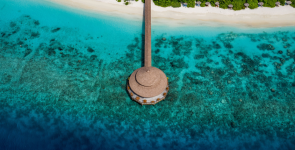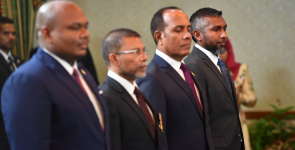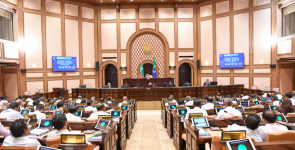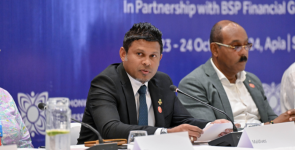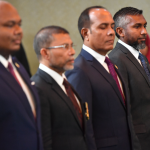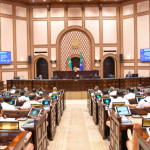As Maldives tries to cope with the community spread of the COVID-19 pandemic, the country’s tourism industry remains to be shattered. The industry is trying hard to stay afloat during this unprecedented time. While exhausting all its revenue, resorts still have the tourism lease rent hanging over their head. The question is: Do they still have to pay the resort lease rent?
According to an article published on Nasheed and Co law firm – one of the renowned law firms in the country, the lease rent for the second quarter of 2020 – (April, May and June) is due at the end of March.
While penalty is levied upon failure to pay rent, the only exception for the rent payment is applicable if there is physical destruction of the resort property that is caused due to an event outside the control of the property.
While there is no clause for the government to grant a waiver or a release the rent payment obligation entirely, the state can only reschedule the due dates by granting a deferment.

Government has announced that each resort will be given MVR 7.7 million loan as per the economic relief package to mitigate the economic downfall with regard to COVID-19 pandemic.
The article by law firm further reiterated that in a proposal to MATI, the government has also offered to defer lease rent for Q3 and Q4 into the next year but resorts are still required to pay lease rent for Q2 and pay staff salaries.
With the travel ban in effect, there is no international flying into the country since March 27th. The industry is operating at no possible means of income since then. Along with all other expenses including the right to protect employee wages, there seems to be no way around the lease rent expenditure for resorts.
Tourism stakeholders are proposing the government to give resorts tax breaks and grant the working capital loans given under the stimulus package exclusively to small and medium enterprises.
Key people like CEO of Reollo Travel and airline Manta Air Mohamed Khaleel has voiced up the suggestion that government should revisit its decision to include resorts in the stimulus package emergency fund.
A mutually agreeable decision needs to be made with this matter in hand. While the pandemic continues to bring down economies at its knees, both government and resorts need to be aware of the circumstances of each other. Both parties need support of the other and they are continuing to put up a united front despite the discussions.
Until it reaches further solid grounds, tourism lease rent is due and failure to adhere to pay may result in further added costs in the form of penalties.








